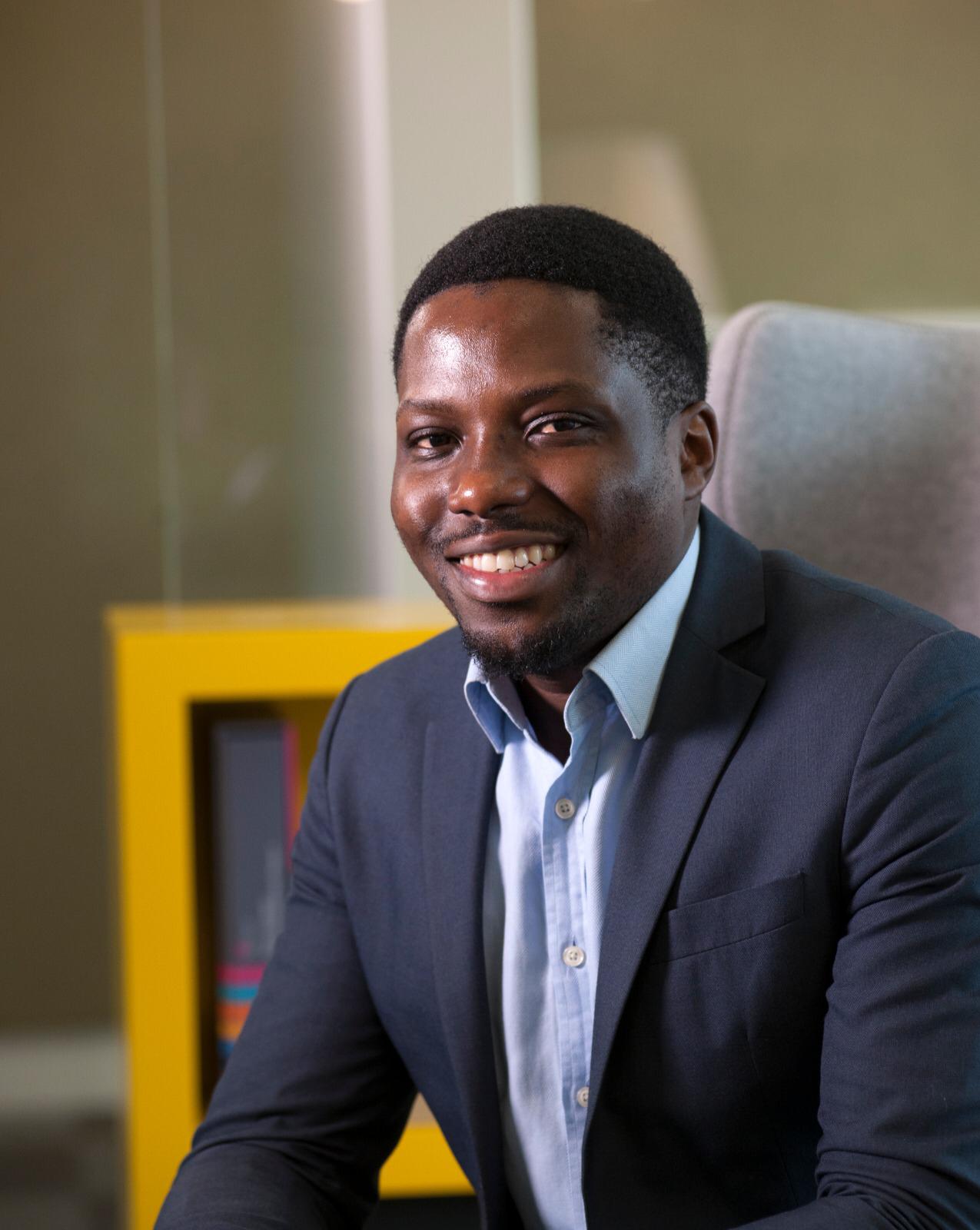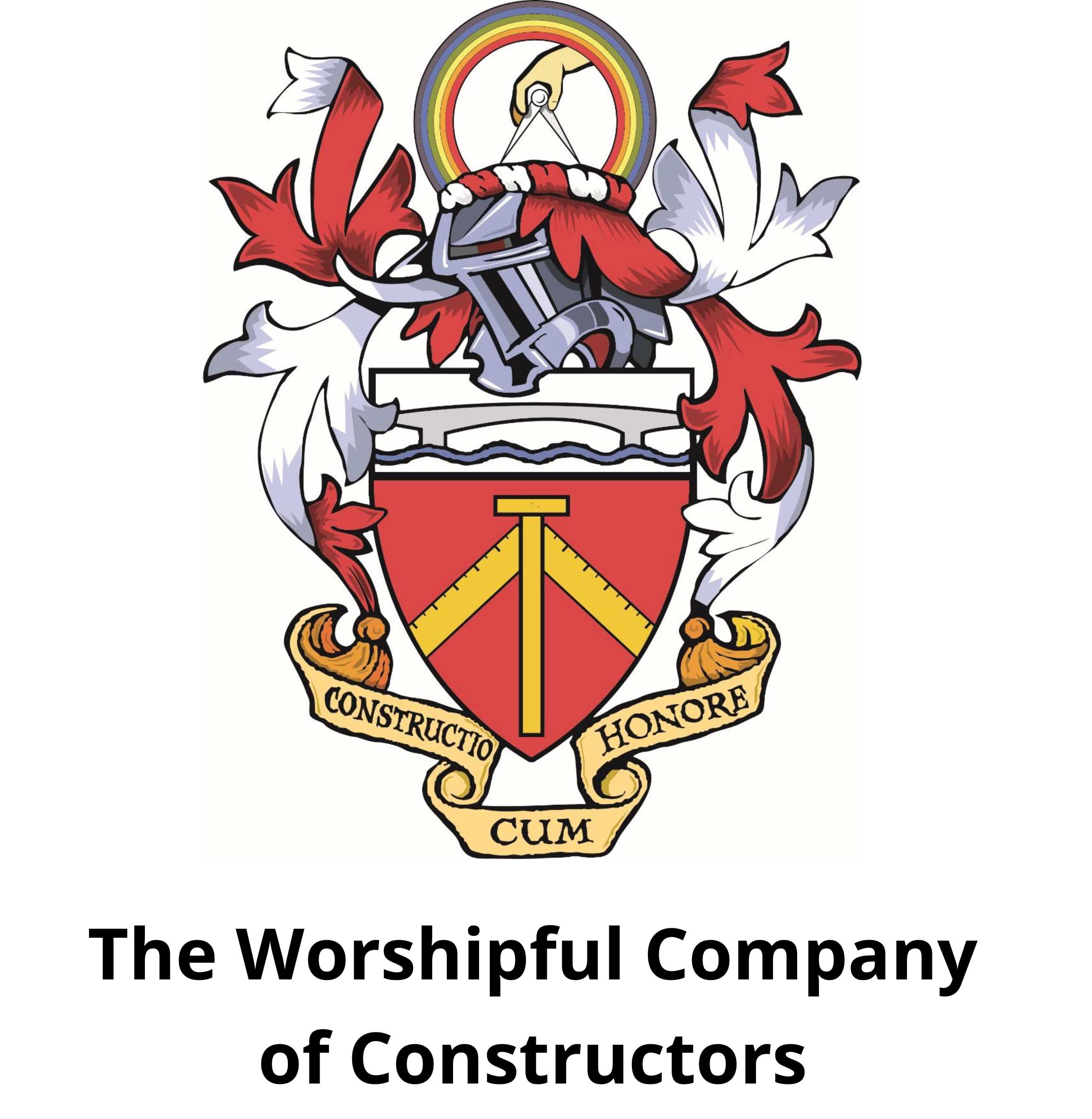
Black History Month and the importance of built environment inclusion

Amos Simbo is a constructor and the founder of Black Professionals in Construction. BPIC Network is a platform for black and ethnic minority professionals in the built environment to connect with other members of the industry, promote the industry as a good career choice as well as promote diversity among construction companies.
Tell us about your work at BPIC. Why did you decide to set BPIC up? What are your future plans to build on this?
My aim in setting up BPIC was for people from black and ethnic backgrounds to gain access to the industry, aiding them to foster relations and build a bridge to access the industry that they wouldn’t be exposed to due to lack of minority groups exposure within the built environment.
A future mission is to continue to partner across the sector to create new avenues and pathways for talents and grow the team to deliver outside of London and network with industry leaders.
Why is Black History Month important for the built environment sector, and more widely?
Previously black history month is focused around educating and the celebration of Black history. For the sector specifically, the month addresses the issues around acknowledging black history and confronts them to move forward and create better awareness and solutions. The importance of the month highlights that history raises and how we as an industry are responding to create a better history. The sector significance of influencing in the right way with the correct understanding and awareness whilst reflecting on the barriers for people, retention, career journeys and how we are dealing with them and how can we do better going forward.
What change would you like to see happen in the sector and the wider world on black awareness and inclusion?
Awareness is key. Addressing the issue of barriers within the industry, people have entered the industry and proceeded to leave after experiencing barriers to progress. Acknowledging that these issues arise and the industry response to resolving them is vital. Visibility creates change, presentation of inclusion showing visible outcomes will show people that change is real and then understand its ongoing impact. Visible representation of what people want with tangible results will have a wider impact in the sector on black awareness and inclusion.
London is made up of 42% of ethnic minorities and our industry does not represent that level at a senior level particularly in London. Having a Black Master in the City of London will boost motivation for entering industries with minority black figures.
What do you think the WCoC can do to better educate and increase awareness around inclusion?
WCoC should engage to wider communities to create a greater awareness of what the WCoC do and its impact on the city. Additionally, it should be accessible to all to help educate.
I often feel as there is no place for me as I am often the only black person in the room but if that is the start then I will do it.
WCoC plays a fundamental part but can only impact when it represents the city that it is today, addressing the issue that WCoC and all liveries needs to adapt to the current changes in the industry and cities.
Do you have any recommendations for ways that people can better educate themselves?
Exposing yourself to the variety of material that talks about black culture, history and their pursuit for equality is key. Educating yourself on material that talk specifically about race and people’s real experiences. Also attending black awareness outreach webinars and events, there are lots out there. Listening to actual real-life experiences gives an insight into people’s feelings. Empathy is necessary and is a good starting point to see real changes and learning.
Promoting ethnic minorities and giving them the platform to help others understand what is going on out there and educate the industry. Pushing the agenda to enable people to access inclusive career paths and open networks that support their progression.
Is there anyone else, either at WCC or beyond, who inspires you (current or historical)?
I come from a very good and supportive family and now I am older and wiser I can see the challenges for young people including the challenges of growing values. From a young age I was surrounded by people that taught me good values of family, caring, and society. A good support network empowers people to progress and drive towards success. This inspires me to be who I am.
“Not everyone has that privilege, so for that I am blessed.”
People make our industry, through innovation and creativity in the built environment. We are a resilient industry we need to find a way to daily to make it happen. We need to celebrate that through Black History Month and educating each other. We want to lead and showcase other industries; we know our craft we should be leading other industries as well.
